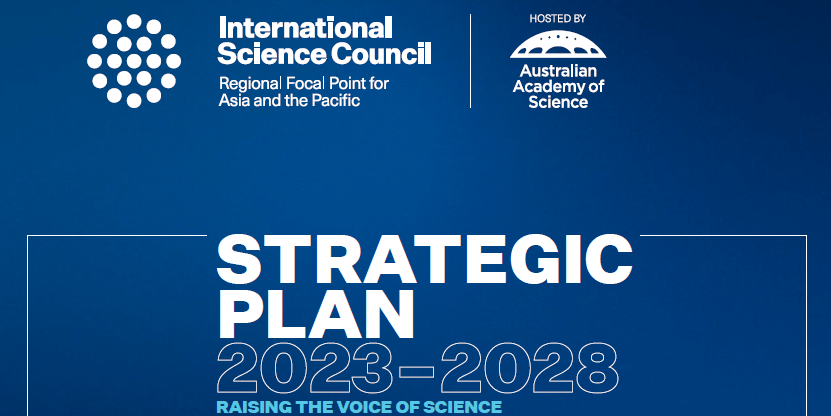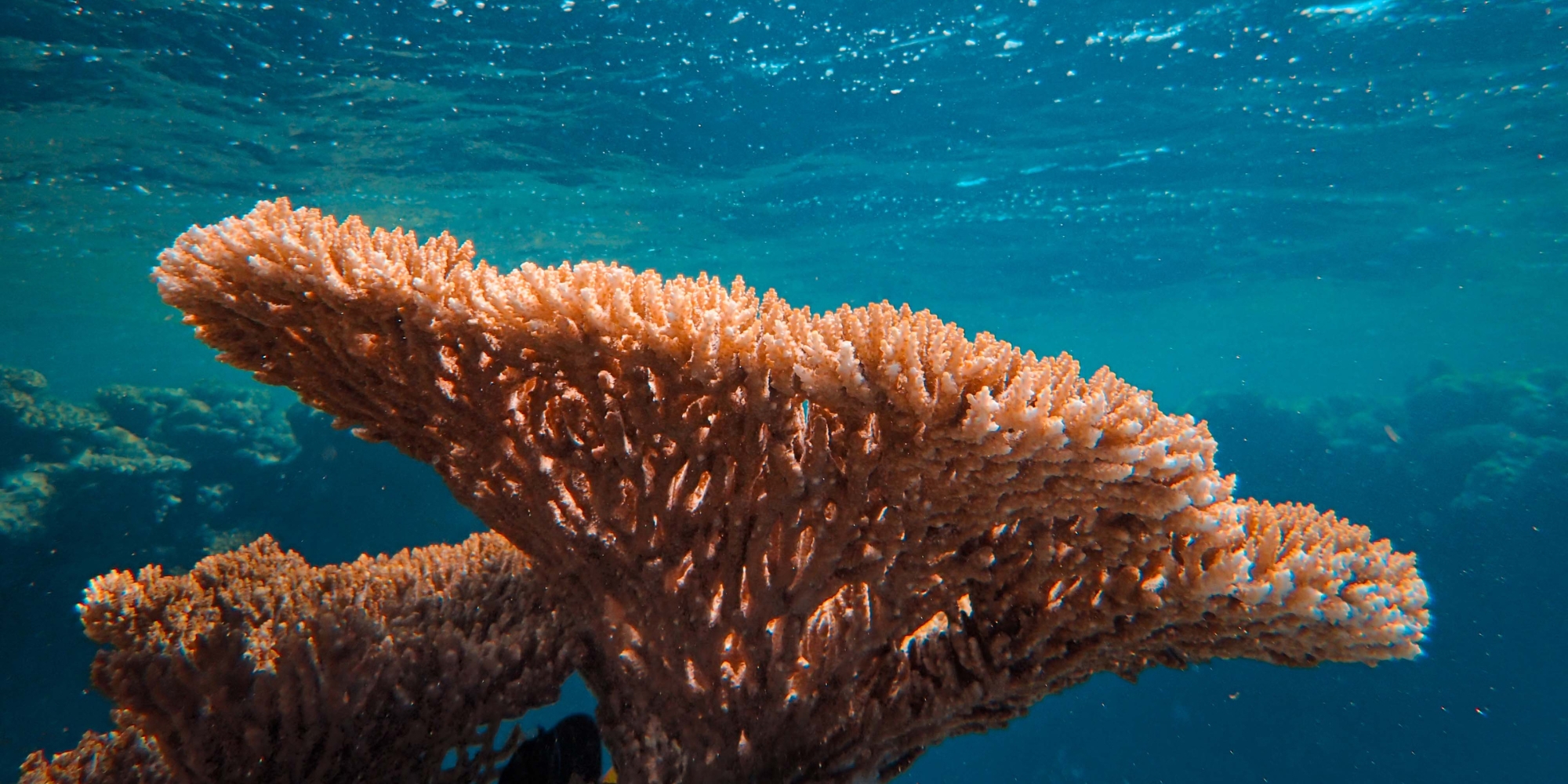Strategic Plan
The report outlines the strategy to realize the RFP’s mission to amplify the voice of science within and beyond the region, encompassing countries from South Asia, East Asia, South-East Asia, and the Oceania.
The ISC RFP-AP will align its programmes and activities with ISC Statutes, strategic plans and the themes in the Unleashing Science and Flipping the Science Model reports. The Regional Focal Point will implement two flagship programmes tailored to the priorities and needs of the region, one focusing on Asia and one focusing on the Pacific.
Additional activities will be designed, emphasizing the importance of ‘how to better integrate and elevate the voice of science’ in achieving sustainability goals. Programmes and activities will be developed around three pillars: knowledge generation, capacity building, and science communication and translation.

Pacific Academy of Sciences
Recognizing the need to assist science and scholarship in the Pacific and to support new academies of sciences in underserved regions, the ISC and the Regional Focal Point attracted initial funding and support to launch the process through a regional consultation with Pacific Islands scholars, funders and decision-makers.
Following the success of the event and an overwhelming support for the Pacific Academy of Sciences, the ISC has continued to facilitate the efforts to establish the academy.

Asia Science Mission
The ISC Regional Focal Point for Asia and the Pacific is working with Future Earth Asia to develop a Meta-Network Hub Asia that will address the critical challenge of optimizing the utilization of existing local resources for achieving the Sustainable Development Goals in Asia by harnessing the power of local science communities embedded within universities, colleges, and civil society organizations.

Asia-Pacific Academic Mentoring Program
The ISC Regional Focal Point for Asia and the Pacific is facilitating a mentoring programme to connect Early Career Researchers with senior science mentors to guide young scientists from low-income nations within the region to become future leaders in academia.
The mentoring programme commenced in September 2024 and will run for one year.

INGSA-Asia Science Advice Workshops
The ISC Regional Focal Point for Asia and the Pacific has partnered with the International Network for Governmental Science Advice-Asia to strengthen the institutional science advice capability in Asia through training opportunities, stronger engagement with policymakers, building regional and inter-regional networks, and strengthening the regional science-advice ecosystem.

Media and Communications Training
The International Science Council Regional Focal Point for Asia and the Pacific will deliver a program of online workshops specifically for its members to build capability in science communication, understanding of the media landscape and to improve digital storytelling and use of social media platforms for scholars in the region throughout 2024-2026.
